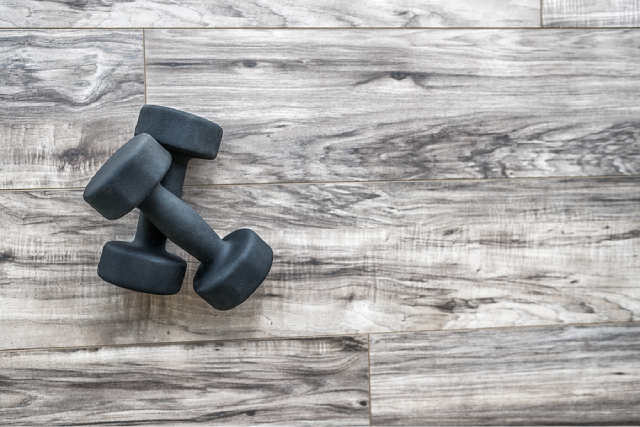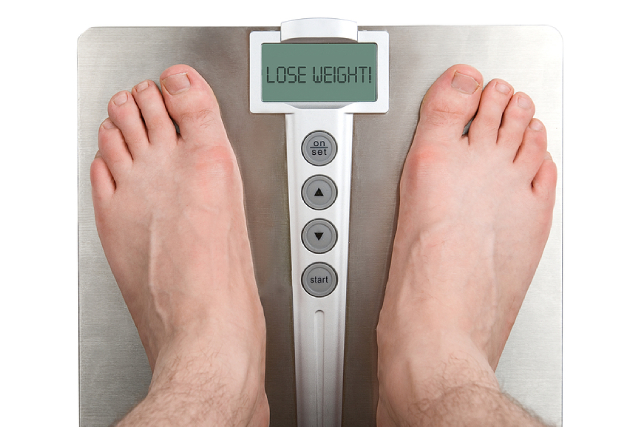The Ultimate Exercise Plan for Effective Weight Loss
If you’re looking to achieve healthy weight loss, incorporating a well-rounded exercise plan is essential. A balanced routine that combines strength training, cardio, and flexibility exercises can accelerate weight loss while building muscle and improving overall fitness. Slim Couture’s TCM slimming treatments offer additional support, making it the best weight loss program in Singapore.
1. Setting Your Goals and Creating a Plan
Setting achievable goals is the first step to success. Having clear objectives keeps you motivated and provides a foundation for measuring progress. Whether it’s losing a specific amount of weight or building endurance, a structured exercise plan will ensure consistency.
Schedule workouts at times when you feel most energetic. For beginners, aim for 3-4 days per week, gradually increasing frequency as your stamina builds.
2. Weekly Exercise Breakdown
A comprehensive weight loss plan should balance different types of workouts throughout the week.
- Strength Training (2-3 Days/Week): Strength training builds lean muscle, which boosts metabolism. Focus on compound exercises such as squats, lunges, and deadlifts to engage multiple muscle groups.
- Cardio (3-4 Days/Week): Cardiovascular workouts are essential for burning calories. Include a mix of moderate-intensity cardio, like brisk walking or cycling, and high-intensity interval training (HIIT) sessions for maximum fat burn.
- Flexibility and Recovery (1-2 Days/Week): Dedicate time to stretching and recovery to prevent injuries and improve mobility. Yoga and Pilates are excellent options for flexibility and core strength.
3. Key Exercises for Weight Loss
Including these exercises in your routine can maximise results by targeting major muscle groups and burning calories effectively.
- Squats and Lunges: These lower-body moves strengthen the glutes, quads, and hamstrings while burning calories.
- Push-Ups and Planks: Push-ups work the chest, shoulders, and triceps, while planks engage the entire core. Aim to do multiple sets with proper form.
- HIIT Workouts: HIIT is highly effective for weight loss as it alternates between intense bursts of activity and rest. Exercises like jump squats, mountain climbers, and burpees are ideal for HIIT.
4. How TCM Supports Weight Loss
Traditional Chinese Medicine can provide support for your weight loss goals by addressing underlying factors that affect metabolism, digestion, and energy levels. Slim Couture’s TCM weight loss treatments use holistic methods to enhance the effectiveness of an exercise plan.
TCM techniques like gua sha and acupuncture stimulate blood flow and promote detoxification, helping to reduce stubborn fat and improve digestion.
5. Diet and Lifestyle Tips to Boost Results
Diet and lifestyle adjustments can amplify the effects of an exercise plan, enhancing weight loss and promoting overall well-being.
- Hydration: Drinking plenty of water is crucial for metabolism and weight loss. Water aids in digestion, reduces bloating, and keeps you energised during workouts.
- Balanced Diet: Focus on eating whole foods rich in nutrients. Avoid processed foods and sugary drinks that can cause weight gain. Instead, opt for a balanced intake of protein, fibre, and healthy fats.
- Consistency Is Key: Make exercise and healthy eating a regular part of your lifestyle. Small, consistent changes are often more sustainable than drastic overhauls.
Conclusion
A successful weight loss journey involves commitment to a balanced exercise routine, supportive diet, and TCM weight loss treatments like those offered by Slim Couture. Whether you’re just starting or looking to enhance your progress, Slim Couture’s programs are designed to help you reach your fitness goals through natural and effective methods. Discover more about our TCM slimming methods and take a step closer to achieving the results you desire.







